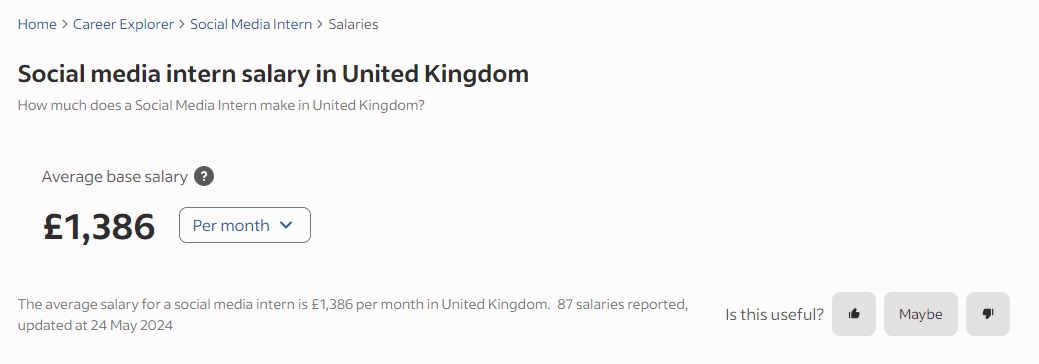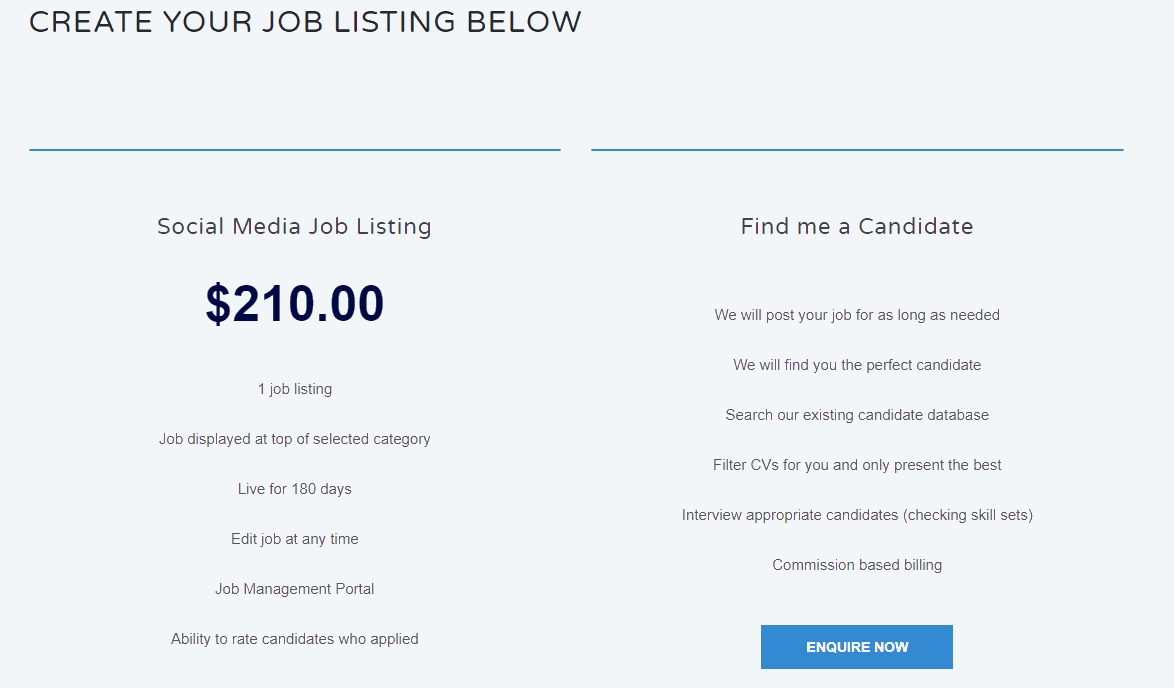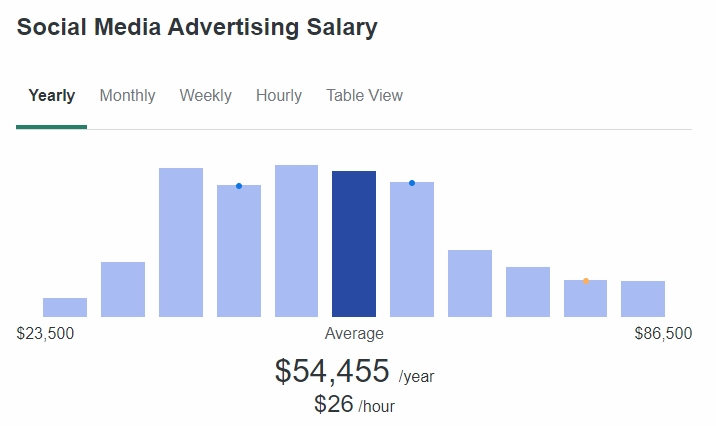Short videos are a powerful marketing tool. They’re typically less than 60 seconds long and are designed to grab viewers’ attention quickly. Businesses that have an online audience use short-form videos to communicate their message quickly to their target audiences. Effective short video editing requires a set of video editing skills.
Learning them enables you to offer them as a service to business owners. In this guide, we’ll tell you everything from essential skills to learn if you want to become a professional short-form video editor to monetizing these skills. Let’s dive in.
Understanding Short-Form Video Videos
Short-form videos normally extend up to 60 seconds, though some platforms let creators publish longer ones as well. Typical dimensions of these short videos are 1920 by 1080 pixels (Vertical format).
Due to their vertical nature, short-form videos are perfect for viewing on mobile phones. Although these videos are often consumed on tablets and laptops, They typically have their own tab, allowing users to scroll through them without distractions.
Essential Skills
To really shine as a video editor, you need to polish some soft and hard skills. Storytelling is an important one. Short-form videos capitalize on the audience’s short attention spans. You need powerful storytelling to be able to hook the viewer and retain their attention.
Creativity is a more obvious one. You can’t expect to create engaging short-form content without coming up with something valuable and helpful. Plus, in video editing, you can’t ignore even a single cut, effect, or transition, so you need attention to detail.
You May Also Like: Social Media Customer Service Job Description
Video Editing Tools to Get Started
There’s no shortage of video editing tools out there. The right one for you depends on some criteria, including:
- System requirements: Some video editing tools are demanding, so you need a powerful machine to run them
- Your budget: Some video editing tools are powerful but they’re paid, for instance, Adobe Premiere Pro. Some offer decent features and are free to use, such as Capcut
- Video Editing Needs: Some videos are easier to make than others. You’ll need advanced and powerful features to create complicated videos
Steps to Becoming a Short-Form Video Editor
If you’ve selected a video editing tool, it’s time to start practicing. Here’s a step-by-step guide to becoming a short-form video editor.
Step 1: Learn the Basics of Video Editing
Start by learning the basics of video editing, including how to cut, transition, and add effects to clips. Whatever video editing software you’re using, it’ll have all these features. You don’t need a degree to be a video editor; watch a good online tutorial to get the information and start practicing.
Step 2: Create a Portfolio
Once you’ve covered the basics, it’s time to create a portfolio, which can be a Google Drive folder with all the videos you’ve worked on. You don’t have to work for a client to build your portfolio. Edit any video or start from scratch and add it to your portfolio folder. The goal is to showcase your skills to potential clients.
Step 3: Understand Different Platforms
Every short-form video platform is different. For instance, Instagram Reels tend to be more aesthetic while YouTube Shorts typically have a more educational touch. Understand the platform to make sure you’re targeting its audience effectively.
Related: Social Media Interview Tips for Fresh Graduates
Step 4: Keep Improving and Evolve with Trends
Short-form video trends are always changing. As a content creator, keep an eye on trends and tailor your strategy based on what’s in demand. This will help you create content that resonates with your target audience.
Monetizing Your Skills
Now that you know how to get started, hone your video editing skills, and build a portfolio, let’s discuss monetization.
Freelancing on Platforms
Businesses of all types and sizes need short-form videos to grow on platforms like Instagram, TikTok, and YouTube. But, they don’t have the time and expertise to create these videos, so they hire freelancers. Create your profile on freelance platforms like Upwork and reach out to potential clients with your portfolio and a compelling pitch (Cover letter).
Working with Influencers and Content Creators
Did you know that 26% of marketers plan to invest more in short-form video content? The second method of monetizing your short-form video editing skills is by helping social media influencers with social media management. Reach out to big content creators on platforms like TikTok and Instagram and ask them if they need any help with video editing.
You May Also Like: Interview Questions for a Social Media Manager
Starting Your Own Short-Form Content Business
You can also start your own social media channels and monetize your short videos. Every platform is unique in terms of video monetization. YouTube pays you for views through Google AdSense and TikTok has its own creators program. On other platforms, you can monetize your videos through affiliate marketing, sponsored posts, and selling digital products.
How to Become a Short-Form Video Editor: FAQs
Let’s address some frequently asked questions about becoming a short-form video editor.
Are Short-Form Video Editors In Demand?
Yes, with the increasing number of people consuming short-form video content on TikTok, Instagram, and other platforms, brands and influencers need editors to churn out quality content.
How Do I Become a Short Video Editor?
Start by picking a video editing tool and learning the basics. Build a portfolio by working on a few videos and reach out to potential clients.
How Much Do Short-Form Video Editors Make?
The earnings can vary widely depending on your experience and the type of project. Beginners make around $15 per hour while experienced editors charge more than $50 per hour.
How to Become a Short-Form Video Editor: Conclusion
If you like creating short videos, becoming an editor can be an exciting career path. It’s a high-demand job with a growing future potential. Start by learning about video editing basics and practicing on a free video editing tool like Capcut. Save every video you work on in a separate folder. Reach out to potential clients with your portfolio and a compelling pitch to get jobs. As a video editor, you’ll always need to stay updated with trends and continuously polish your skills.



















